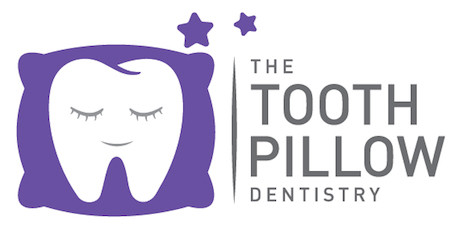More Baby Articles:
Normal Baby Spit-up: Is Your Baby Healthy?
Here's what you need to know about healthy baby spit-up from a pediatric gastroenterologist at the Children's Hospital of Brooklyn at Maimonides Medic...Latest News:
Baby Products for New Parents: Relieving Colic, Gas, Constipation, and Sore Gums
These products can help soothe your baby's colic, gas discomfort, sore gums from teething, and constipation.Family Activities:
Have a Laugh:
Best Memes of the Week for Parents
Here are the funniest parenting memes from Instagram, Facebook, and Reddit this week.Featured Listings:

Bilingual Birdies - Marilyn Duque
The exposure to a second language is important for all children because it allows children the opportunity to understand diversity and accept one anot...

Kumon of Queens
Kumon is the world’s largest after-school math and reading program. The Kumon Method has helped millions of children achieve more than they ever thoug...

Tooth Pillow Dentistry (The)
Huntington, NY The Tooth Pillow Dentistry is a group of board-certified pediatric dentists and dentist anesthesiologists that work together to safely provide dental ...

Northwell Health Ice Center
East Meadow, Northwell Health Ice Center, the coolest place on Long Island, is the premier hockey and skating destination and official practice facility of the New...

